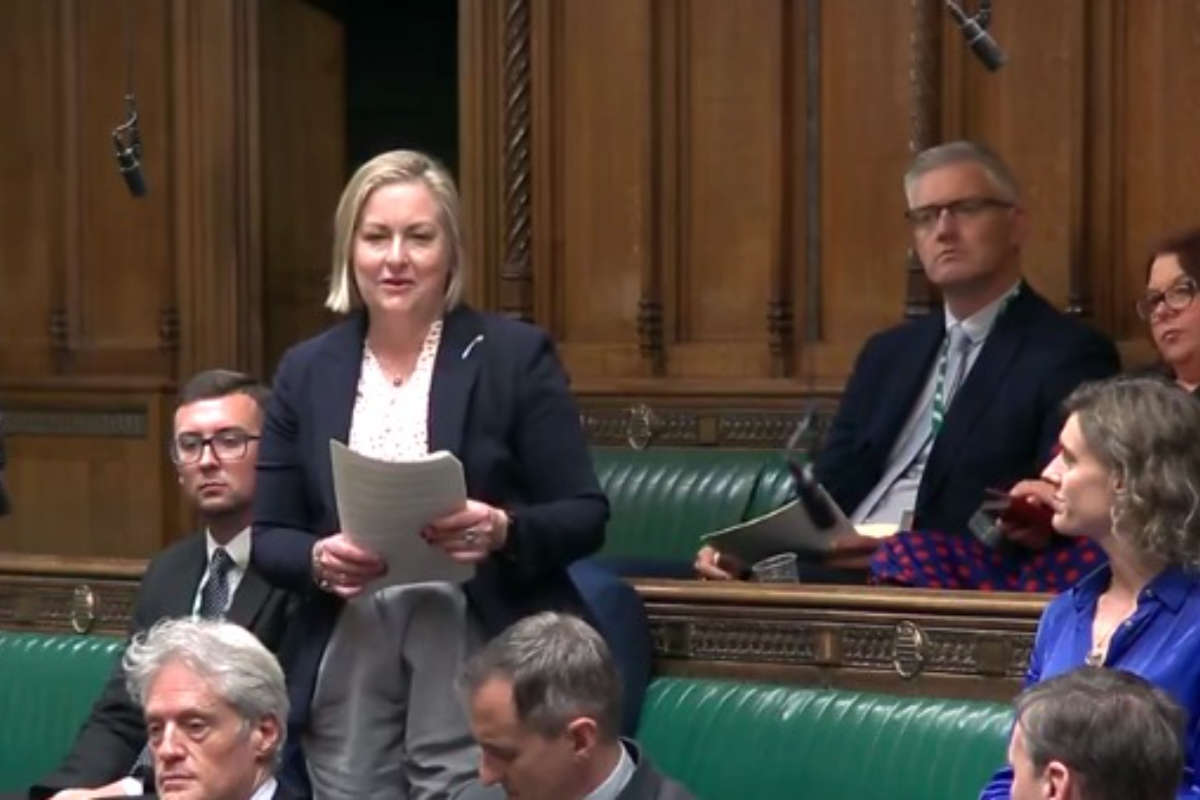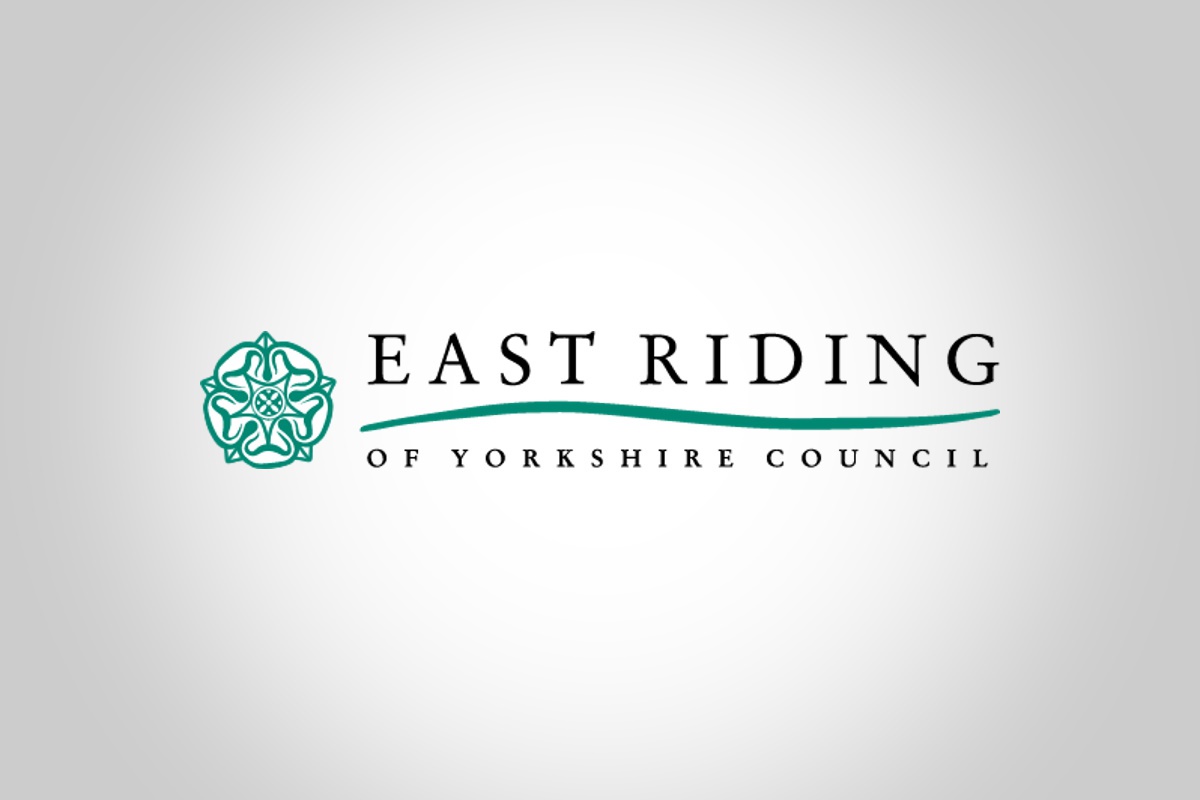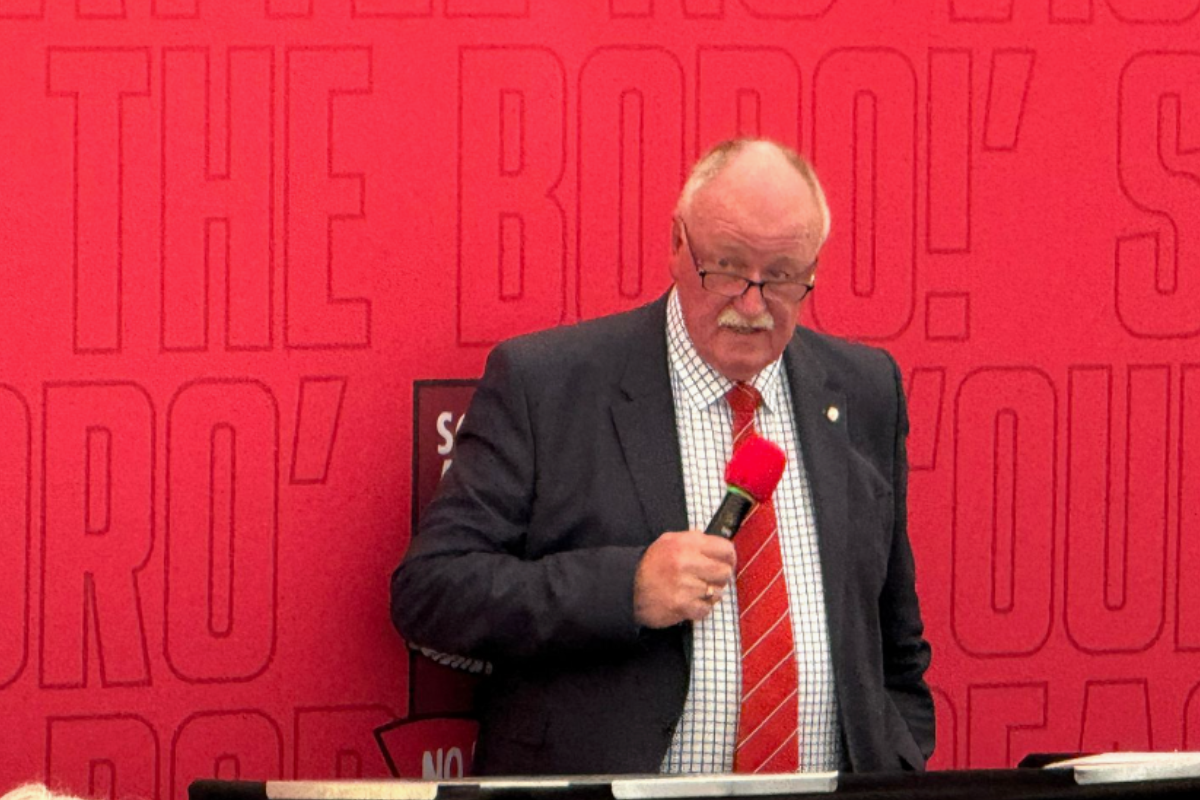
North Yorkshire Council is looking to cut tooth decay in children by funding a programme to oversee a supervised teeth-brushing programme for the under fives.
The authority wants to commission a provider to run a five-year oral health promotion service at a cost of £225,000.
The scheme would deliver supervised tooth-brushing in early years settings such as nurseries and pre-schools in areas where tooth decay among children is most prevalent.
Catherine Baker, the council’s public health manager, said in a report to councillors:
“The service will aim to improve the oral health of North Yorkshire’s under-five population through a daily supervised tooth-brushing (STB) programme in areas of greatest need.
“As a minimum this would involve maintaining the existing level of provision to targeted early years settings and special schools.”
The contractor would also be asked to help staff working in adult and children’s services to promote good oral health to vulnerable adults.
The officer said oral health was an integral part of overall health.
She added:
“When children are not healthy, this affects their ability to learn, thrive and develop.
“Childhood determines long-term health, and the state of a child’s oral health is the best predictor of their oral health as adults.
“Prevention of tooth decay is an investment for a healthy population across the life course.”
According to the report, the most prevalent oral disease amongst children and young people in England is tooth decay.
In a 2023/24 survey of five-year-olds in England, more than a quarter of children had enamel or dentinal decay.
Children living in the most deprived areas of the country were more than twice as likely to have experienced dentinal decay as those living in the least deprived areas.
In North Yorkshire, the five-to-nine-year-old age group makes up the highest proportion of hospital admissions for tooth extraction.
The service will be jointly commissioned with City of York Council, with North Yorkshire Council as the lead commissioner.
The contract provider would need to make annual audit visits to settings participating in the scheme, with termly audits done virtually and by telephone.
The programme is due to be discussed by the director of public health, in consultation with the executive member for health and adult services, on Wednesday.




 Langdale Fire Funding- Scarborough & Whitby MP Asks Government Colleagues For Help
Langdale Fire Funding- Scarborough & Whitby MP Asks Government Colleagues For Help
 North Yorkshire's Public Toilets are Threatened with Closure as New 50p Fee Proposed
North Yorkshire's Public Toilets are Threatened with Closure as New 50p Fee Proposed
 'Big Plan' Sets Out Five Years of Funding in East Riding
'Big Plan' Sets Out Five Years of Funding in East Riding
 Scarborough Athletic Chief: Big Improvement Needed After Cup Exit
Scarborough Athletic Chief: Big Improvement Needed After Cup Exit
 No Delay for Burniston Gas Rig Decision
No Delay for Burniston Gas Rig Decision
 Whitby Town Hope For Home Comforts After Poor Away Run
Whitby Town Hope For Home Comforts After Poor Away Run
 Bridlington Town Back On The Road
Bridlington Town Back On The Road
 Scarborough and Brid Again Battle To Stay On Top
Scarborough and Brid Again Battle To Stay On Top
 Pickering Town Face West Yorkshire Trip
Pickering Town Face West Yorkshire Trip
 Burniston Gas Well Plan Recommended for Approval Despite 1500 Objections
Burniston Gas Well Plan Recommended for Approval Despite 1500 Objections
 East Riding Councillors Condemn ‘Punitive’ Government Funding Review as Council Faces £100 Million Shortfall
East Riding Councillors Condemn ‘Punitive’ Government Funding Review as Council Faces £100 Million Shortfall
 Scarborough Athletic Chair Eyeing Playoffs
Scarborough Athletic Chair Eyeing Playoffs










Comments
Add a comment